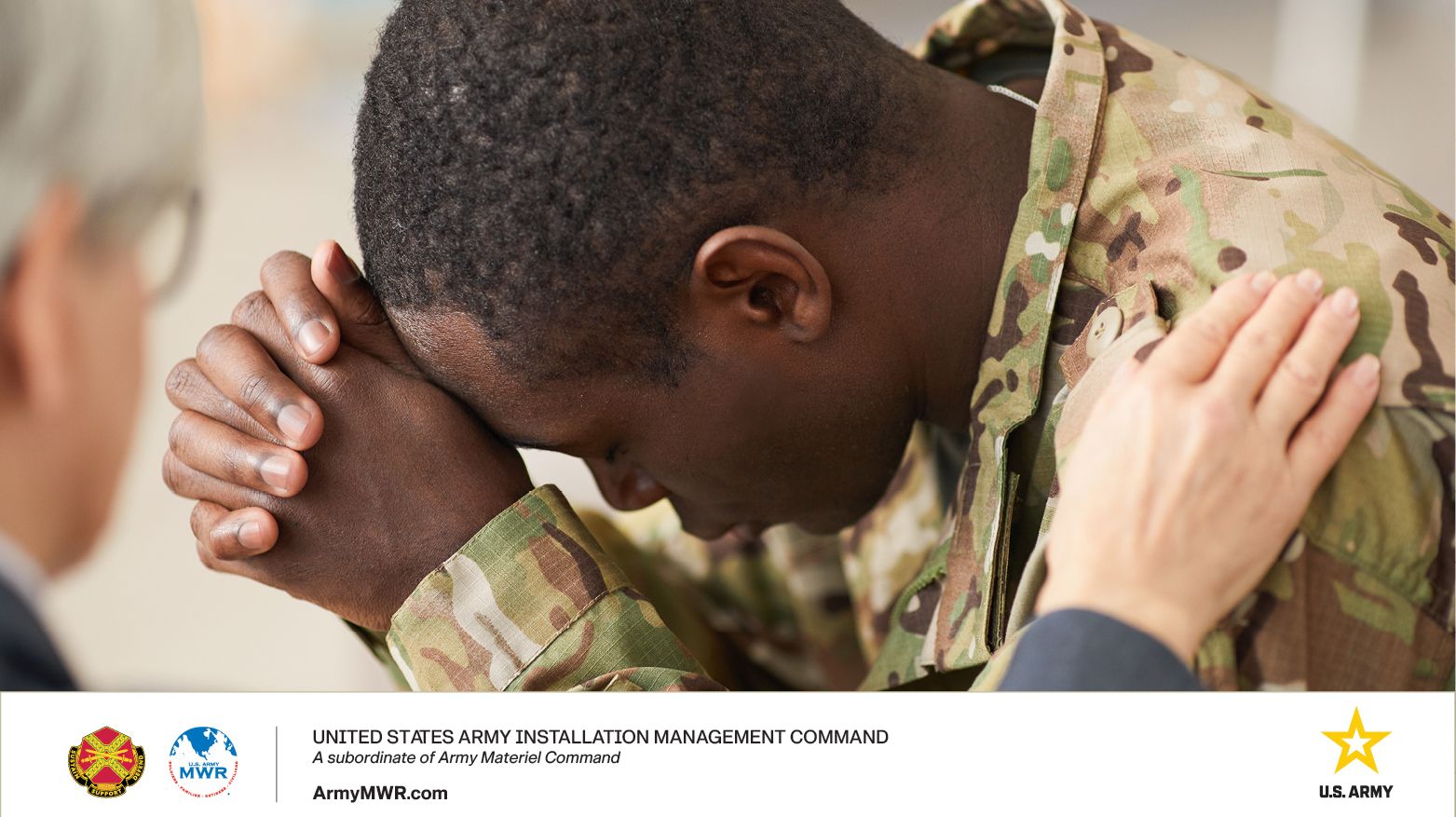- Talking about wanting to die or wanting to kill themselves
- Talking about feeling empty or hopeless or having no reason to live
- Talking about feeling trapped or feeling that there are no solutions
- Feeling unbearable emotional or physical pain
- Talking about being a burden to others
- Withdrawing from family and friends
- Giving away important possessions
- Saying goodbye to friends and family
- Putting affairs in order, such as making a will
- Taking great risks that could lead to death, such as driving extremely fast
- Talking or thinking about death often
- Displaying extreme mood swings, suddenly changing from very sad to very calm or happy
- Making a plan or looking for ways to kill themselves, such as searching for lethal methods online, stockpiling pills, or buying a gun
- Talking about feeling great guilt or shame
- Using alcohol or drugs more often
- Acting anxious or agitated
- Changing eating or sleeping habits
- Showing rage or talking about seeking revenge
- Are you having thoughts of suicide?
- If so, how would you do it?
- Do you have access to the means to carry out your plan?
- When would you do it?
- Ask if the person is thinking about harming themself.
- Care about the person by listening and reassuring them that immediate help is available.
- Escort and encourage proactive use of resources.
- Dial 988 and press 1 for the Military Crisis Line
- Calls outside the continental U.S. (OCONUS):
- Europe - call 00800 1273 8255 or DSN 118
- Korea - call 0808 555 118 or DSN 118
- In the Philippines, dial #MYVA or 02-8550-3888 and press 7
- Text: 838255
- Chat: scan this QR code (https://988lifeline.org/chat/)
- Check in - Check in on the Soldier, keeping their privacy in mind.
- Stay in touch - Make an effort to periodically reach out to the Soldier.
- Show your support - You and your commanding officers play a role in suicide prevention by showing your support for the Soldier as they return to duty.

Suicide Prevention Program
Helpful Tips and Resources for Prevention
Suicide Prevention Month is observed each September, and the Army’s theme this year is “You Are a Light in Somebody’s Life.” In support of the Department of Defense’s year-round prevention efforts, the Army Suicide Prevention Program provides resources for prevention, intervention and support to those impacted by the loss of a loved one to suicide. The Army strives to develop healthy and resilient Soldiers, reduce stigma and build awareness of suicide and related behaviors.
Suicide is when a person harms themself with the goal of ending their life, and die as a result. Suicide is often preventable. Know the warning signs so you can help saves lives.
What to Look For
Leaders, Soldiers, Family and other community members should watch for these warning signs that someone may be considering suicide:
Other serious warning signs that someone may be at risk for attempting suicide include:
Intervention
Thoughtful probing may prevent a Soldier or loved one from attempting to take their life. By asking questions, you are building a connection—a key protective factor in intervention and suicide prevention. Questions also help all parties to establish an understanding of the risk. Direct questions about suicide do not increase suicidal ideation and may actually decrease it.
Questions to Ask
Be alert and engage with a Soldier or Family member before they become overwhelmed by life’s stressors and risk factors.
Training and Education Resources
The Army conducts annual suicide prevention training for all Soldiers using the Ask, Care, Escort (ACE) training model to increase awareness of risk factors, warning signs and available resources, as well as encourage intervention. When someone needs help, remember the following.
For ACE training resources, visit https://www.armyresilience.army.mil/suicide-prevention/pages/about.html.
Other Suicide Prevention Resources
988 Suicide and Crisis Lifeline provides free and confidential support for people in distress 24/7. You can access by:
· Calls inside the continental U.S.:
Military OneSource is the Department of Defense’s 24/7 gateway to trusted information, resources and confidential help. For more information, visit https://www.militaryonesource.mil/.
Postvention:
What do you do after an issue is identified and a Soldier returns to duty?
Our Responsibility
Suicide is not a normal response to stress. Suicidal thoughts or actions are a sign of extreme distress and should not be ignored. If these warning signs apply to you or someone you know, get help as soon as possible, particularly if the behavior is new or has increased recently. We have the responsibility to “Be a Light in Somebody’s Life.”
#BeThere for that person and #ConnectToProtect.
